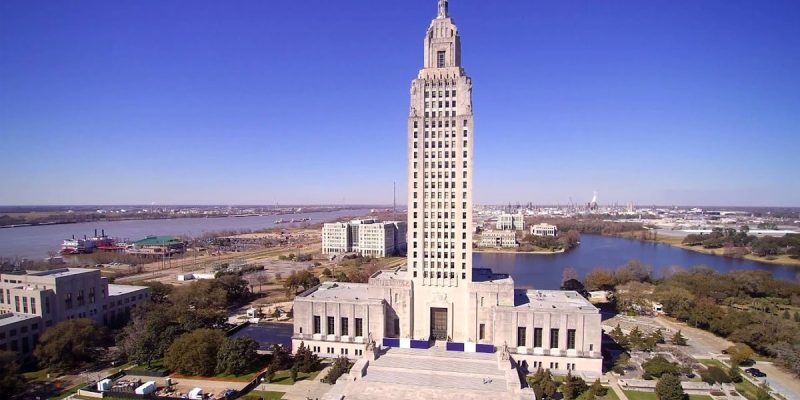TIMED 2.0 has a lot of northeast Louisiana upset, in some ways for the wrong reason that if understood should perturb people statewide.
The recently-completed regular session of the Louisiana Legislature produced HB 578 by Republican state Rep. Tanner Magee, which shoots out almost $700 million worth of spending over the next 15 years on various infrastructure projects. It draws that money from the state’s settlement with BP over the 2010 Macondo blowout offshore the state, the $53.3 million annual payment of over that span should have gone to the Budget Stabilization Fund and two health care-related funds. Instead, from next year until the pact’s 2034 conclusion the payment goes to these projects.
The controversy has come because originally the bill allocated only around $275 million to two projects, one with a direct impact on the energy sector in south Louisiana and another as a sop to the Capitol Region. After 2026, all of the remaining payouts would have gone to a fund for infrastructure. But the Senate amended it to designate other projects and sent the product to the House two days before the session’s end, leaving little time for conference if the House rejected the Senate amendments.
Those amendments reflected various regions of the state, adding only two urgent matters: finishing the northern and southern parts of Interstate 49 after more than three decades. Items as trivial as cranes and ferries made the cut. But these left out one part of the state, the northeast, which led to bitter denunciations of the result by some members representing that area. Others noted a portion of the bill addressed rural bridges across the state that would help the region or that the regular capital outlay bill HB 2 contained items helpful to the area.
However, the real issue isn’t whether northeast Louisiana got its fair share, but that the bill locks the state into several trivial projects that eliminates flexibility going forward. Not only that, the history of the TIMED program shows the costs could go far higher than anticipated.
In 1989, the state implemented that program, which was to complete 16 supposedly critical infrastructure projects using an extra 4 cent levy in gas tax in pay-as-you-go fashion. Originally pegged at $1.4 billion and 15 years to complete, it nearly quadrupled in price and didn’t finish up until 2016, after it began selling bonds and capturing a penny of the regular 16 cent gas tax and jettisoning two of the projects – one of which appears in HB 578. Motorists will continue to pay the levy for at least a couple of more decades as a result.
Advertisement
TIMED mimics the current bill in two ways: its lumping together of important and relatively unimportant projects judged by statewide impact from across the state in order to win enough votes for passage and that it locks in money for the long term that might have better use for other things in the future. And if it follows suit, it will emulate TIMED in yet another uncomfortable way: having its revenue stream end with taxpayers on the hook for incomplete projects years away from finishing.
In a world that made sense, the three inarguably important projects of statewide impact plus the money allocated for bridges legislators would have plunked long ago into the capital outlay budget under the highest priority, the other items would have ended up farther down the line if in the queue at all, and the nearly $700 million would have gone into its intended funds. At the very least, it all could have gone into a fund where on an annual basis it could have backed capital outlay projects urgently needed at that moment in time.
Instead, the state inflexibly committed itself to a set of projects of dubious statewide worth that may prove far more expensive and time-consuming. Worst of all, bonds issued on these won’t even count against the state’s ceiling on net taxpayer supported debt.
Although he won’t because, like these legislators, he’s running for reelection and wants to toss goodies to the public, this is why Democrat Gov. John Bel Edwards should veto the bill or at least exercise line item veto power over all but the items with statewide impact.
Advertisement
Advertisement

